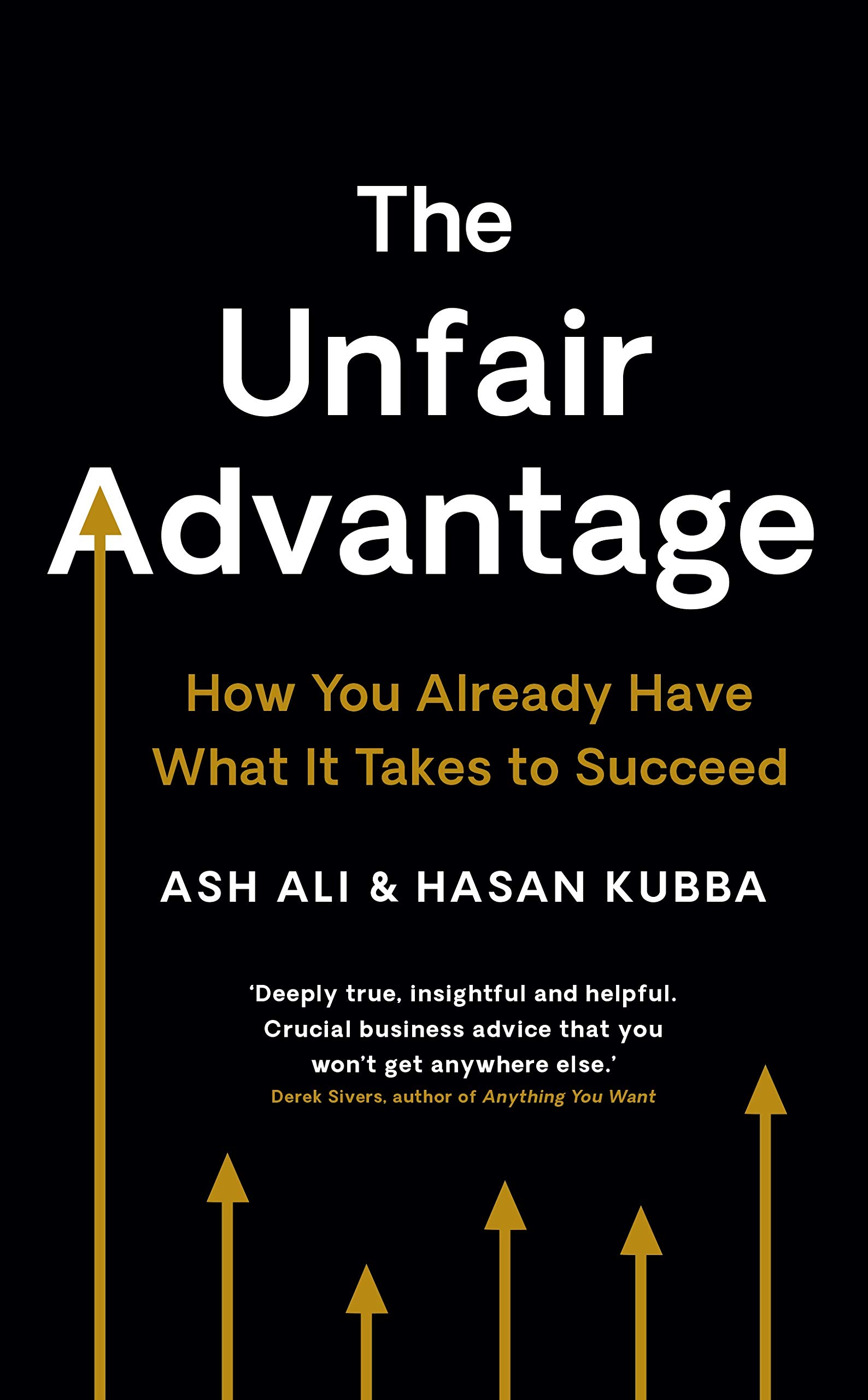The Unfair Advantage – Introducing Unfair Advantage
Imagine two identical applicants for the same job, Sally and Jenna. They have the same experience, the same qualifications, the same everything. Sally applies for the job the usual way, through an online portal or jobseeker app. She takes time to write a nice cover letter, she’s already spent hours and hours on her CV – the formatting, the wording, trying to make it sound great. She then hits the submit button, crosses her fingers and hopes for the best.
Jenna, on the other hand, doesn’t make such an effort. She has a friend who works at the company. Her friend recommends her and hands her CV directly to the boss.
Who do you think has the better chance of landing the job?
The answer probably came to you straight away. Jenna has a better chance because of the connection, a personal recommendation from a friend who works there.
Viewed from afar, that’s the simplest form of Unfair Advantage. Jenna’s friend’s recommendation boosts her status to the boss, giving her a massive Leg-up.
Now imagine if David, whose mother just happened to be a senior manager at the same company, came along looking for a job? Then who has the upper hand? What about if we take it a step further – what if David’s mother owned the company?
Now that’s an even stronger unfair advantage.
We all like to think the world doesn’t work this way, but we all know it does. This example is clear, but it also highlights the way that particular unfair advantages can be abused. Collectively, we should always try to increase the fairness of society, but remember: we will never be able to fully eradicate human biases that lead to unfair advantages like this. Instead, we want to leverage them (hopefully ethically!).
Life isn’t fair. But if you use the unfairness of life as an excuse to have a victim mindset, to stop yourself from striving to achieve your goals, to make your dreams a reality, then you’re only shooting yourself in the foot.
